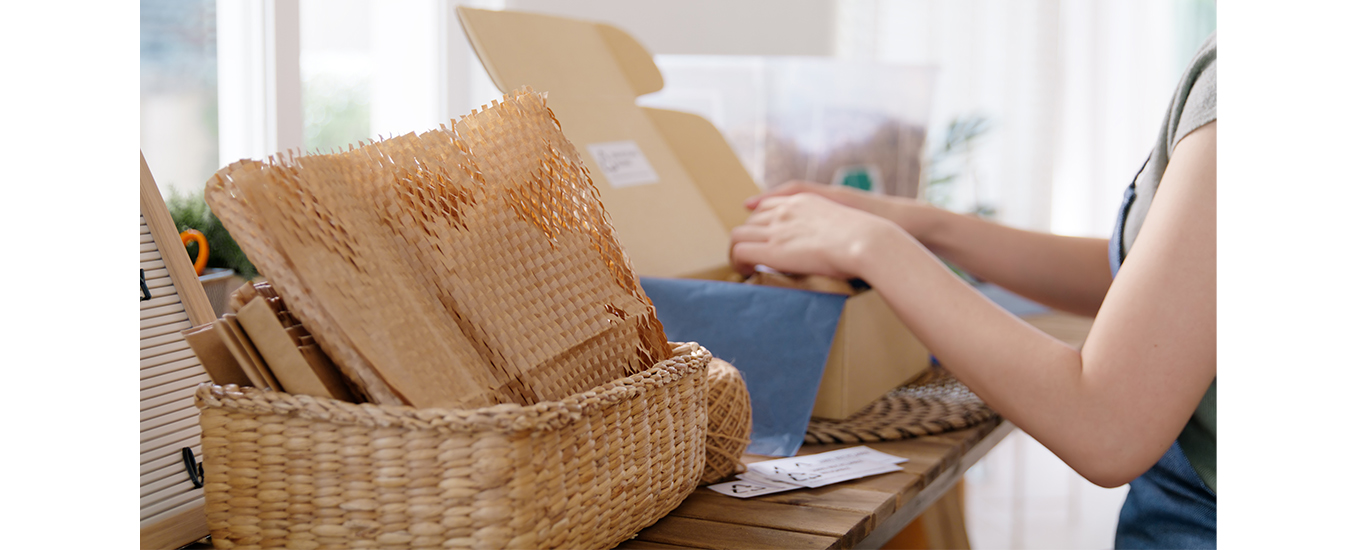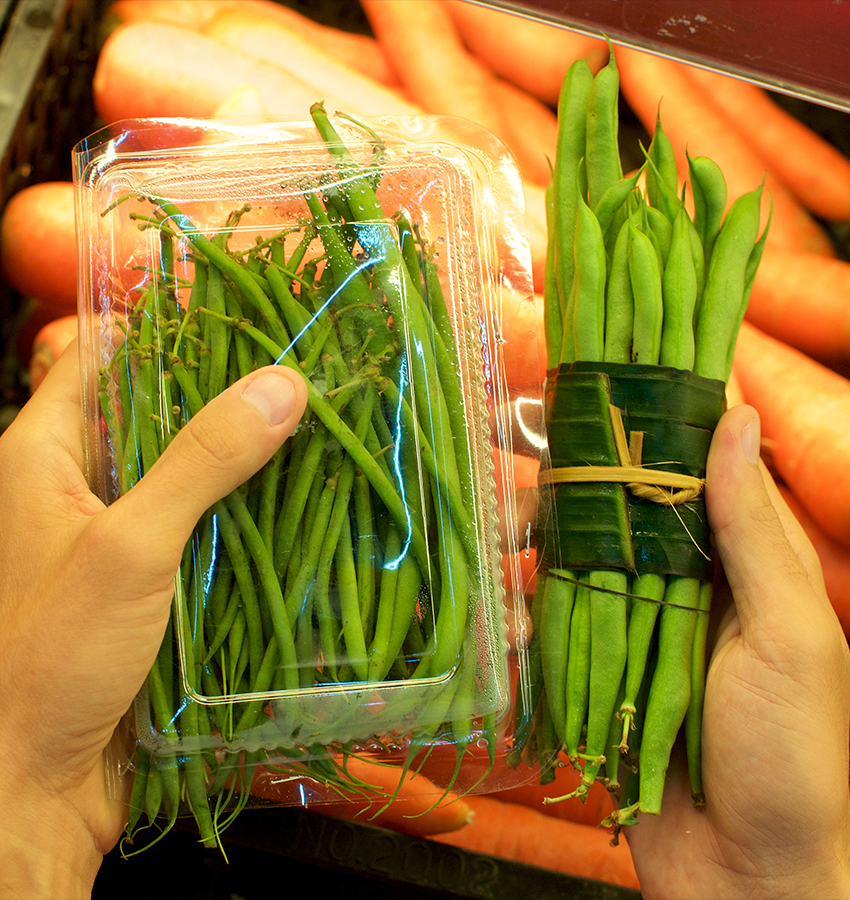
Sustainable packaging is becoming a critical aspect of the packaging industry. As consumers become increasingly conscious of the hundreds of millions of tons of unrecycled and non-biodegradable packaging that makes its ways into the world’s landfills, oceans, and food chains. The brands considering sustainable packaging solutions and in response to this growing concern, many brands globally are adopting more sustainable packaging solutions.
Most approaches focus on the old adage of “reduce-reuse-recycle”. Some companies have modified their products to reduce the packaging requirement. While others are engaging in modifying their customers’ behavior to make it “fun” and “cool” to reuse the containers to refill the product. By far however, the bulk of the effort is on adopting new materials to make the packaging recyclable or compostable where appropriate. In the process many companies are developing new supply chains, and still others are funding in-house or 3rd party R&D efforts to develop new materials.
While all industries need to do better, some are doing better than others in adopting sustainable packaging. Of the consumer oriented industries (i.e. the so-called B2C space). Beverage and Personal Care brands have been doing better than FMCG and eCommerce. That’s not to say no work has been done. Amazon, the world’s largest and most influential eCommerce company introduced various initiatives like “Frustration Free Packaging” and “Shipment Zero” to make its packaging and transportation greener. Unilever and Nestle, two of the largest FMCG brands globally have also pledged to convert to 100% sustainable packaging by 2025.
For this article we decided to pick one prominent brand from a different industry to highlight that the movement to sustainability is a universal, global one:
1. Luxury Industry: Hermès:
Hermès has always been known for its exceptional craftsmanship and attention to detail. The brand has also made a commitment to sustainability by adopting eco-friendly packaging made from recycled materials, and it is also working on reducing the size of its packaging to minimize waste.
2. FMCG: P&G:
Procter & Gamble, one of the world’s largest consumer goods companies, has set a goal to make all of its packaging recyclable, reusable, or compostable by 2030. The company is researching new packaging materials and technologies, and also partnering with stakeholders to increase the recycling of its packaging.
3. Auto: Tesla:
Don’t think Automobiles have much to do with packaging? Think about all the accessories, parts, raw materials etc. that are brought together to make one car happen. Tesla has implemented sustainable packaging solutions for its vehicles and accessories, including lightweight, recyclable/biodegradable packaging.
4. Food & Beverage: Danone:
The global food and beverage giant has pledged to make all its packaging recyclable or reusable by 2025, and is investing in biodegradable & compostable packaging solutions.
5. Beauty & Personal Care: Lush Cosmetics:
This cosmetics brand is famous for its ethical and sustainable business practices, and its packaging is no exception. Lush uses recycled and biodegradable materials for its packaging, and it encourages customers to bring in their empty containers for refilling.
6. Apparel & Outdoors: Patagonia:
This outdoor clothing company is well known for its commitment to sustainability. All of Patagonia’s products are packaged in 100% recycled bags and biodegradable envelopes. The company also employs a closed-loop system. Which allows it to recycle its own products and turn them into new ones.
This is far from an exhaustive list; rather we picked these examples as the best known brands of their categories, and picked categories that are as apart from each other as possible, to show the wide-spread adoption of sustainable packaging everywhere. Of course, there’s a lot more to be done. Furthermore, as brands attempt to recreate. The vibrant packaging to connect with customers using new materials. Their service providers i.e. pre-press packaging experts also need to retrain on new techniques and materials. This is where size matters, because large service providers like Manipal Digital adopt new software and techniques faster than smaller firms.
The good news is brands in all parts of the world understand the urgency of the problem. This have taken significant steps in response. Major emerging economies like India. Which is also now the most populous country in the world are outright banning single-use plastics in a move. That will push many brands there en-masse towards sustainable packaging. Other economies like Kenya are engaging their populations through initiatives like the “Recycling Partnership”. As awareness of the environmental impact of packaging waste grows, more and more companies are likely to adopt sustainable packaging solutions, regardless of where they are located.



